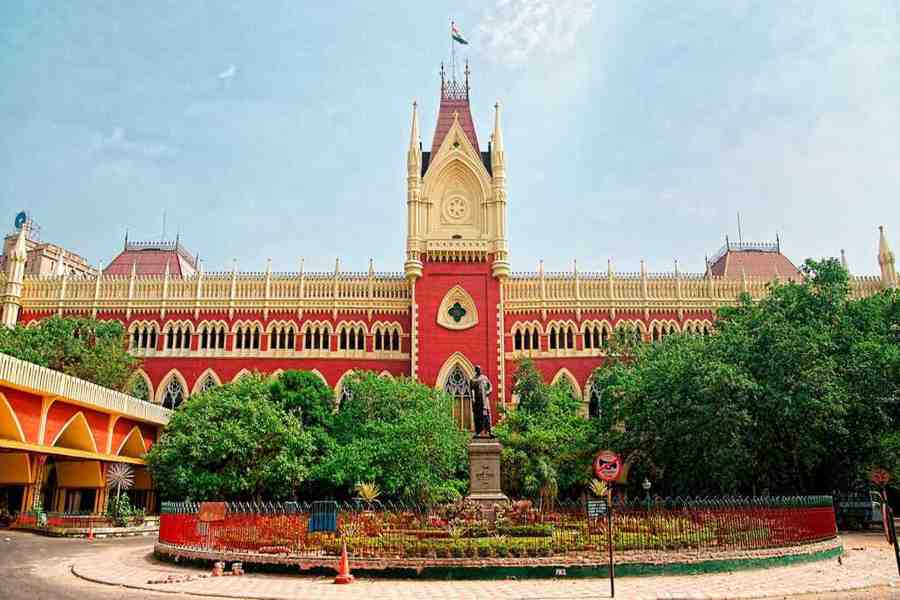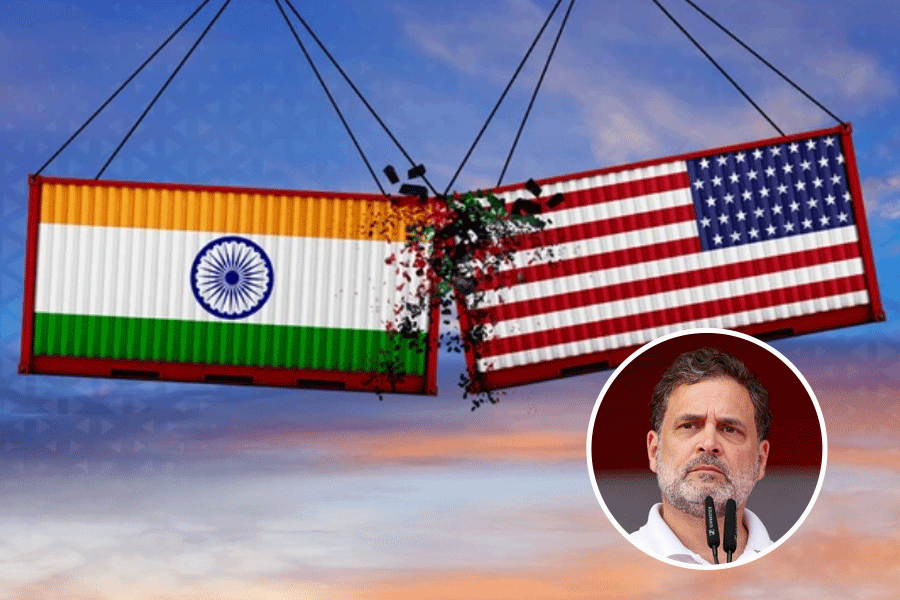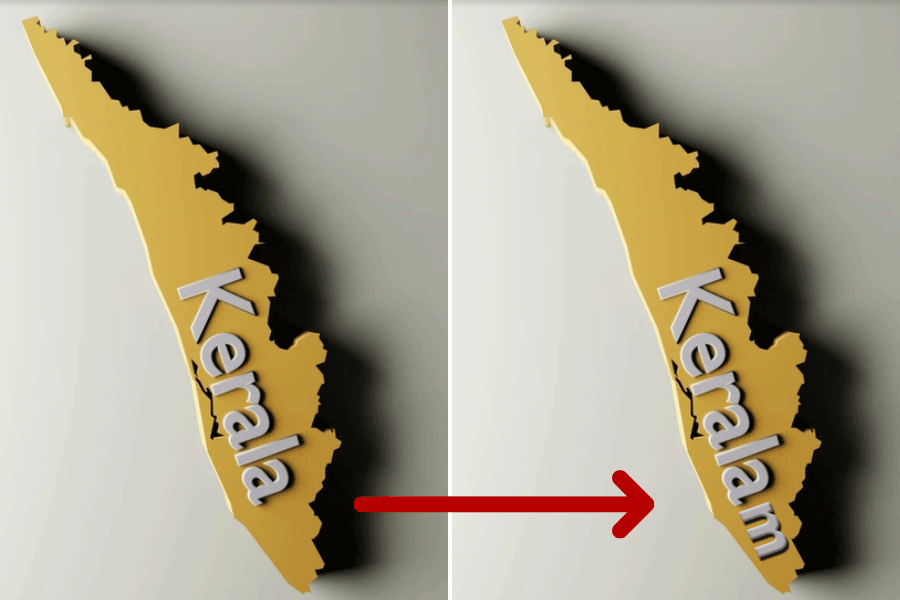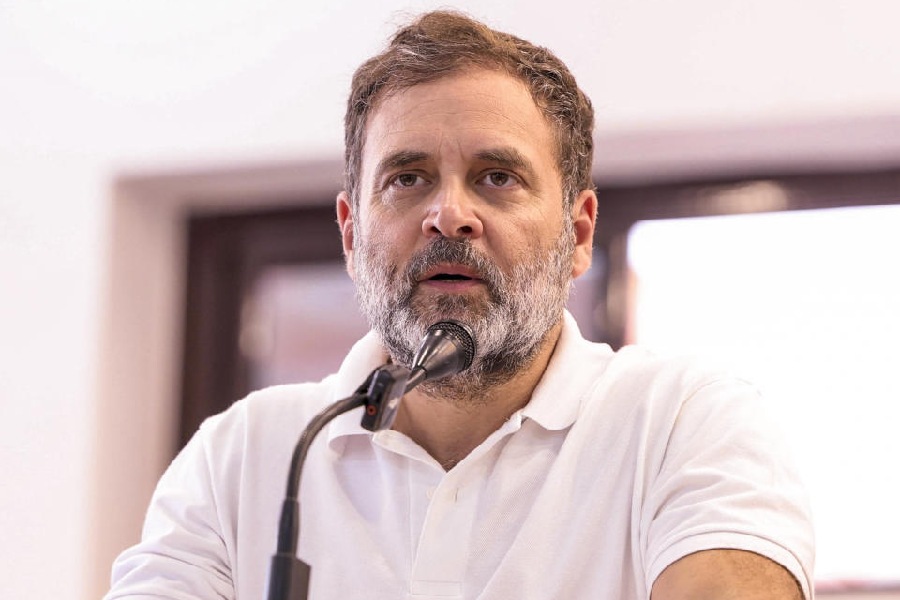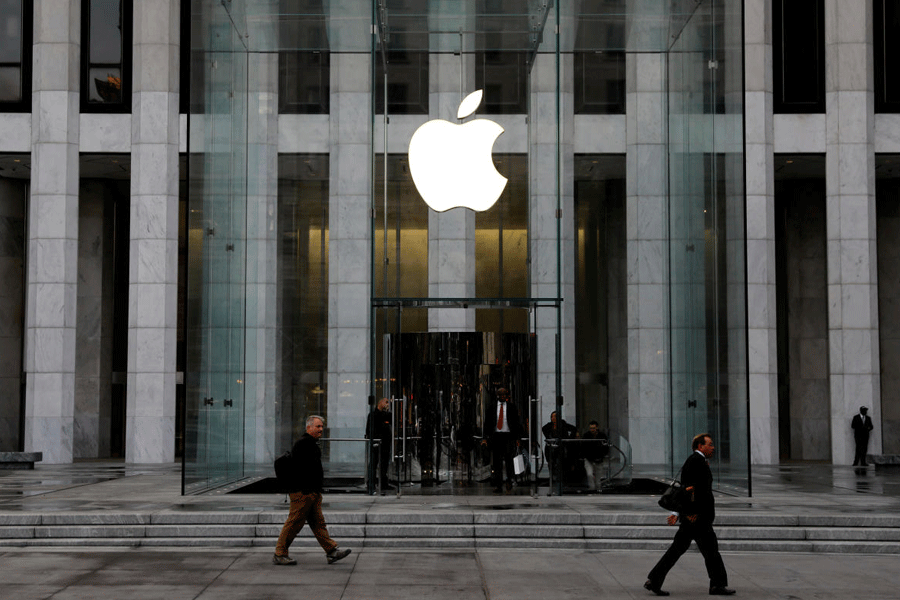In yet another Calcutta High Court order which could leave the Visva-Bharati authorities red-faced, Justice Abhijit Gangopadhyay on Tuesday not only quashed a varsity order which barred a physics professor from participating in a CERN project but also observed that the “Vice Chancellor is not competent to sit in his chair and should be immediately removed”.
Directing the university to revoke the withdrawal of No Objection Certificate (NOC) against Professor Manas Maity within seven days and ensure his reinstatement in the prestigious project as its lead scientist, the judge expressed regret about the “crab mentality of Bengalis” who tend to pull down others who are well on their way to attain heights of achievements.
The long-standing fallout between a significant section of teachers, students and other stakeholders of the university with vice- chancellor Bidyut Chakraborty over issues that go well beyond the domain of academics have planted Tagore’s dream project in media spotlight for all the wrong reasons.
The university is presently ranked at a not-so-glorious 97 out of 200 universities of the country in Union education ministry’s National Institutional Ranking Framework (NIFR). Four years ago, Visva-Bharati ranked 53 out of 100 in India under the same ranking scheme.
Chakraborty had alleged that lack of academic initiatives from teachers was one of the prime reasons for the university’s poor show.
The current case has its roots in a 2021 incident where Professor Maity was issued show-cause notices and, subsequently, charge-sheeted by the university authorities for registering his protest against the varsity’s move to detain a group of protesting teachers of the English department over six hours. The scientist, subsequently, assisted in getting police help to free the captive teachers. In May 2022, Maity was suspended by the university and the university’s NOC for his continued participation in CERN’s Large Hadron Collider particle accelerator project was withdrawn. This prompted the scientist to move court with writ petitions against all the penal moves taken against him by Chakraborty.
In fact, Maity accessed July 2022 correspondences between Chakraborty and director of the Centre’s Department of Science and Technology (DST), which funds the Indian contingent of university-based scientists working on the project, to argue in court that the NOC withdrawal was made out of vendetta and malafide intentions. The university’s correspondences impressed upon the DST that Maity was placed under suspension and his NOC was withdrawn leaving the latter with no choice but to hold back the five-year renewal of funds for the prestigious project.
While the high court has already quashed the university’s steps to suspend and charge sheet Maity by means of separate orders previously passed by Justices Sougata Bhattacharya and Mousumi Bhattacharya respectively, the latest order from the Bench of Justice Gangopadhyay was accompanied by a stinker of an observation which sounded more like a rap in the knuckle of the university authorities than just a simple warning.
Maity was involved in the project since 2005, three years after he joined Visva Bharati. The project, which would have attracted a fund allotment of about Rs 3 crore from the DST for its five-year renewal term, reserves the potential to ensure students’ participation and the institution’s infrastructure building for the specialized field of research in Quantum Physics and related academic pursuits. Ironically, though, Maity says he has lost access to both his own office which the authorities have now locked as well as to his department’s Board of Studies meetings to deliberate on the curricula which, he insists, is his “default right as a member of the university’s science faculty”.

